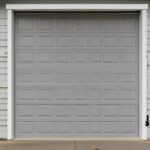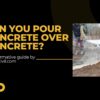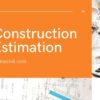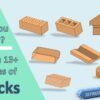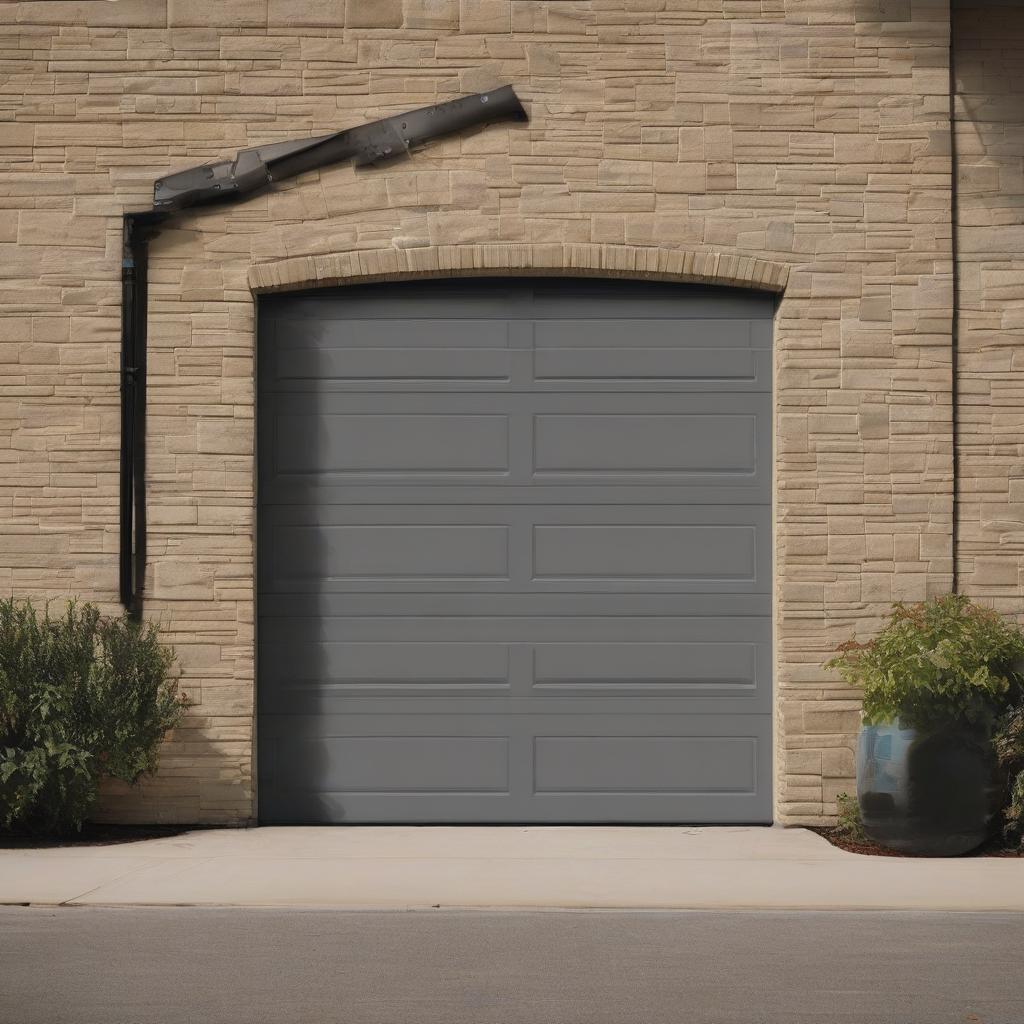
Transforming Your Garage into a Soundproof Space
Whether you’ve turned your garage into a music studio, a workshop, or a retreat for some peace and quiet, soundproofing a garage door can transform your space. A soundproof garage can keep noise in or out and ensure you won’t disturb your neighbors or be disrupted by external sounds. In many cases, your garage door can be the culprit when it comes to noise leakage as it can have gaps, thin panels, or may lack adequate insulation.
The Importance of Soundproofing a Garage Door
A garage door is one of the most significant weak points when it comes to sound leakage. Gaps under the door, around the sides, and at the top can allow sound waves to escape or enter, making it difficult to achieve a quiet space. Soundproofing a garage door is essential to creating a peaceful and quiet environment, whether you’re using the garage as a music studio, workshop, or home gym.
Types of Seals for Soundproofing a Garage Door
There are several types of seals that can be used to soundproof a garage door. These include:
- Multiseals: These are versatile options designed to seal the gaps around the sides and top of the garage door. Made from durable rubber, these seals not only block draughts and water but also reduce sound waves entering through narrow gaps.
- Rubber Garage Door Seals: These are essential for addressing gaps at the base of the garage door. High-quality rubber seals absorb the vibrations caused by noise and provide a cushion that prevents sound waves from escaping or entering.
- Brush Seals: These feature bristles that sweep against the door’s surface and provide a barrier against noise, air, and dust. While not as dense as rubber garage door seals, garage door brush seals are an excellent secondary precaution, especially for reducing minor sound leaks along the bottom of the garage door.
How Different Seals Can Help with Garage Door Soundproofing
Each type of seal targets specific gaps and weak points that can let sound in or out. By creating a tight barrier, these seals can minimize the flow of vibrations and help reduce noise significantly.
Multiseals are designed to seal the gaps around the sides and top of the garage door, reducing sound waves entering through narrow gaps. By installing multiseals, you can significantly reduce sound leakage and prevent noise from escaping or entering the garage.
Rubber Garage Door Seals are designed to address gaps at the base of the garage door. These high-quality seals absorb the vibrations caused by noise and provide a cushion that prevents sound waves from escaping or entering. For added effectiveness, you can combine a rubber bottom seal with a threshold seal for a complete seal against sound.
Brush Seals are an excellent secondary precaution, especially for reducing minor sound leaks along the bottom of the garage door. These seals feature bristles that sweep against the door’s surface, providing a barrier against noise, air, and dust.
Additional Products for Soundproofing a Garage
Beyond using seals, there are a few products you can use to get a soundproof garage. These include:
- Acoustic Panels: These can be used to reduce echo and reverberation within the garage, creating a more peaceful environment.
- Window Plugs: These can be used to seal gaps around windows, preventing sound leakage and reducing noise transmission.
- Insulation: Adding insulation to your garage can help reduce noise transmission and keep the space quiet.
Steps to Soundproofing a Garage Door
To soundproof a garage door, follow these steps:
- Inspect the garage door for gaps and weak points that can let sound in or out.
- Use a combination of multiseals, bottom seals, and brush seals to create a tight barrier against sound.
- Check out fitting guides for detailed installation instructions.
- Add acoustic panels, window plugs, and insulation to further reduce noise transmission.
- Test the garage door by listening for sound leaks and ensuring the door operates smoothly.
Benefits of Soundproofing a Garage Door
Soundproofing a garage door can have several benefits, including:
- Reducing noise disturbance to neighbors or family members.
- Creating a peaceful and quiet environment within the garage.
- Improving the overall functionality of the garage, whether it’s used as a music studio, workshop, or home gym.
- Increasing the value of your property by creating a more functional and peaceful space.
By using high-quality seals and supporting products, you can create a quiet, comfortable space without replacing your garage door. Whether you’re soundproofing a garage workshop or creating a quiet place to work out, a range of garage door seals can suit a wide variety of needs. With the right materials and techniques, you can achieve a soundproof garage that meets your needs and provides a peaceful environment.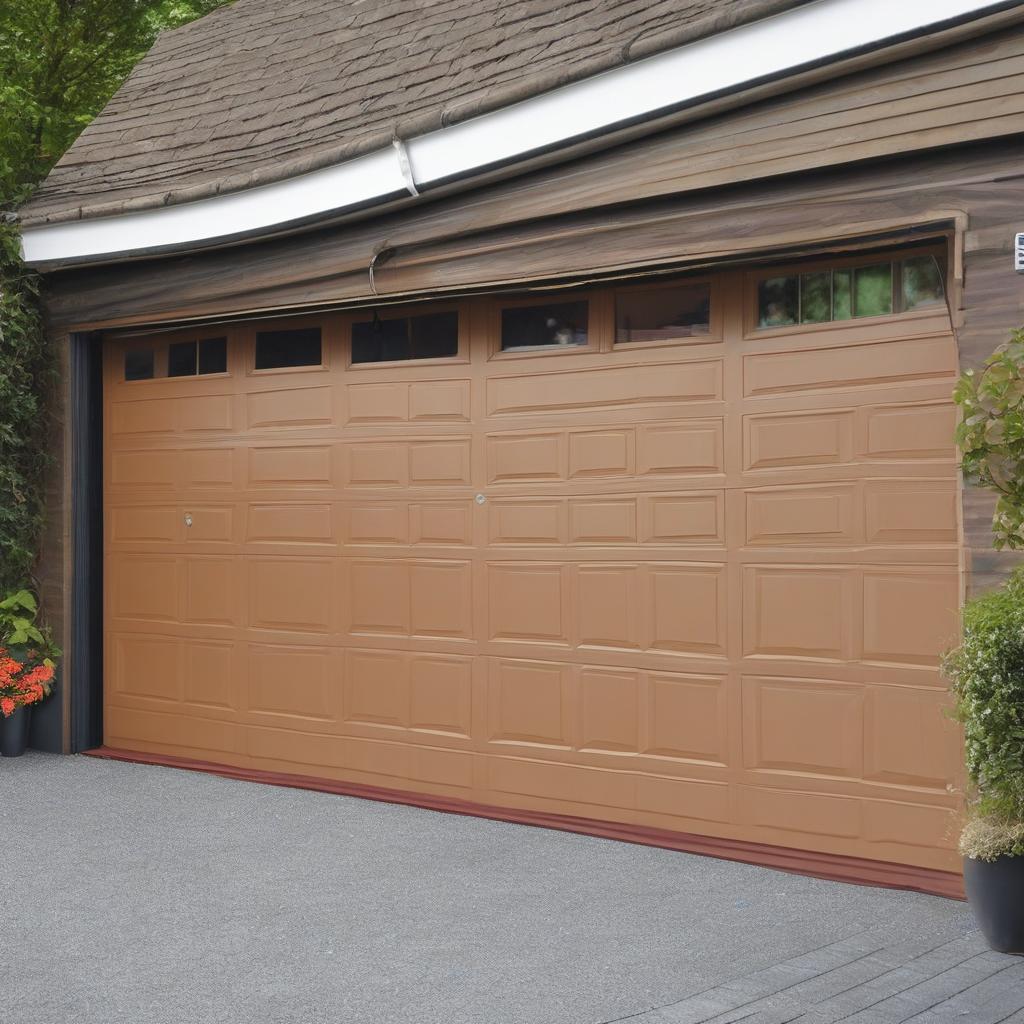
Frequently Asked Questions
What is the main purpose of soundproofing a garage door?
To keep noise in or out and ensure a peaceful environment.
What are the common weak points in a garage door that allow sound leakage?
Gaps under the door, around the sides, and at the top.
What types of seals can be used to soundproof a garage door?
Multiseals, Rubber Garage Door Seals, and Brush Seals.
How do multiseals help with soundproofing a garage door?
By sealing gaps around the sides and top of the garage door.
What is the benefit of using rubber garage door seals?
They absorb vibrations caused by noise and prevent sound waves from escaping or entering.
Can acoustic panels be used to soundproof a garage?
Yes, to reduce echo and reverberation within the garage.
What are the steps to soundproof a garage door?
Inspect for gaps, use a combination of seals, add acoustic panels and insulation, and test the door.
What are the benefits of soundproofing a garage door?
Reducing noise disturbance, creating a peaceful environment, improving functionality, and increasing property value.

